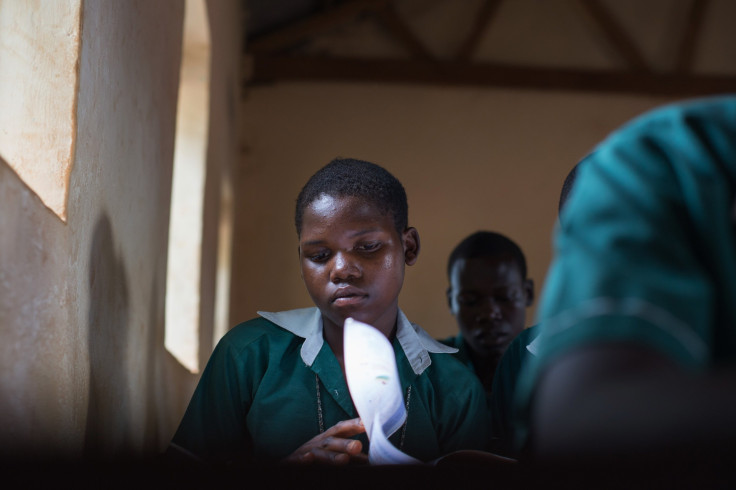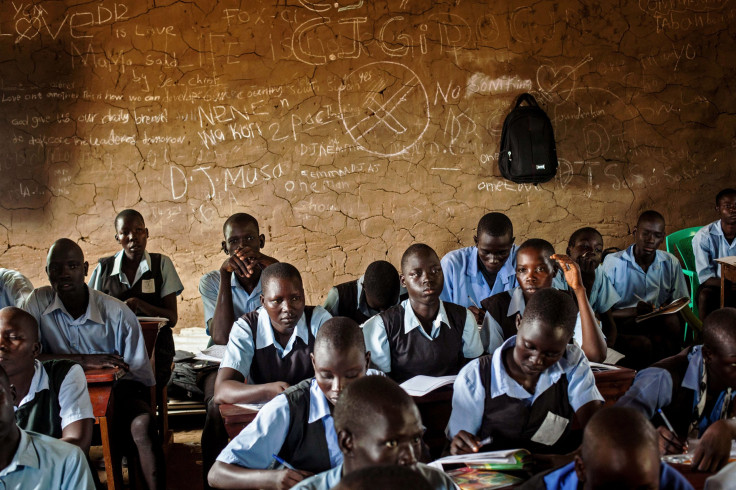South Sudan’s War Stops 400,000 Children From Attending School

Apart from claiming thousands of lives, South Sudan’s civil war also has been preventing hundreds of thousands of children from pursuing an education. Nearly half of the 800,000 children displaced by the raging conflict have dropped out of school, a group of humanitarian organizations said Tuesday.
Before fighting broke out in December 2013, more than 1 million children in South Sudan were estimated to not be enrolled in school. That number has since swelled. The East African nation’s civil war has triggered a humanitarian crisis in which more than 2 million people have been forced from their homes. Many families have prioritized basic necessities, including food and shelter, over education. Thousands of South Sudanese youngsters have also been separated from their families or recruited into armed groups. As a result, almost 400,000 children displaced by the conflict were no longer going to school, according to a joint report published by World Vision, Save the Children, Intersos and Care.
Research has shown that education lowers a child’s risk of being exposed to violence, exploitation and early marriage. Attending school also provides a sense of structure and normalcy and helps children develop healthy coping methods during crises. Some parents and children have tried to perpetuate the benefits of education by building temporary school buildings and collecting money to pay a teacher.
“We are protected in school. Soldiers don’t attack us or abduct us there,” said a 15-year-old boy in Juba, the capital, as News24 reported.

With help from Catholic Relief Services, an Ethiopian church has constructed four schools that are expected to benefit more than 4,800 South Sudanese refugee children living in camps in Ethiopia, Vatican Radio reported. The United Nations also has launched a campaign to bring thousands of out-of-school children in 10 South Sudan states back to learning this year. But thousands of others still have no access to education nor any means to pursue it.
South Sudan’s civil conflict stemmed from political violence between forces loyal to President Salva Kiir and rebels allied with former Vice President Riek Machar, which erupted in December 2013. The warring sides have committed brutal attacks and sexual violence against civilians, particularly women and children. The fighting has also prevented lifesaving aid from reaching thousands of people, including starving children. Nearly 70 percent of the population, or 7.9 million people, are expected to face hunger during the current rainy season, the United Nations said.
© Copyright IBTimes 2024. All rights reserved.




















